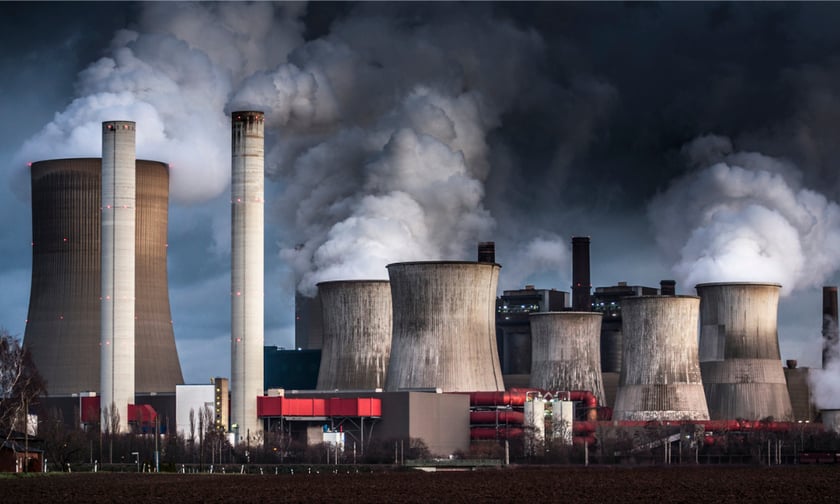

iA Financial Group has announced new greenhouse gas (GHG) reduction targets that it is planning to hit by 2035.
According to a news release, the Quebec-headquartered company is looking to reduce the GHG emission intensity of its Canadian real estate holdings by 60%.
This goal will target the 35 buildings that comprise the group’s real estate holdings, which are primarily located in Quebec City, Montreal, Toronto, and Vancouver.
Previous assessments have indicated that these assets emitted nearly 10,000 tons of CO2 equivalent in 2022. Using this baseline, iA Financial has determined a GHC emission intensity goal that aligns with the criteria set by the Carbon Risk Real Estate Monitor (CRREM).
In addition to cutting back the emissions of its real estate holdings, iA Financial is also aiming for a 40% reduction in the carbon intensity of its public corporate bond portfolio.
Presently, investments in this domain amount to approximately $13.5 billion. Assessed emissions totalled around 460,000 tons of CO2 equivalent in 2022, with a reassessment scheduled for early 2024.
The carbon intensity of the portfolio was determined using the weighted average of each company’s emission, with each weighted based on the value of the investment in a specific company.
In 2020, iA Financial Group had set a goal of reducing GHGs by 20% per employee by 2025. It revised this goal with “new, more precise targets” in response to evolving market dynamics and advancements in GHG quantification.
Marie-Annick Bonneau, vice president of investor relations, capital management, sustainability and public affairs, highlighted the significance of the new GHG targets.
“These new targets bring our climate strategy more in line with best market practices and are an important step towards our ambition to be among the best in our industry in the future when it comes to fighting climate change in North America,” she said. “It is with this objective in mind, and also to keep pace with the international scientific advances on which the net-zero emissions movement by 2050 is based, that we were keen to revise our climate strategy now, with targets that are both rigorous and ambitious.”
Mégane Mandruzzato, practice leader, sustainability, went on the emphasize the company’s continual commitment to decarbonization efforts.
“For several years, we have been calculating GHG emissions from our Canadian real estate portfolio,” said Mandruzzato. “In 2022, we expanded this scope by accounting for a portion of our financed emissions for the first time. This year, we focused on analyzing this portfolio, with the aim of establishing a GHG reduction plan aligned with this approach. At the same time, the market is evolving rapidly, and we want to remain flexible in our approach. Now, we've set ourselves new targets, more in line with our new reality and that of the market.”
What are your thoughts on this story? Feel free to comment below.
